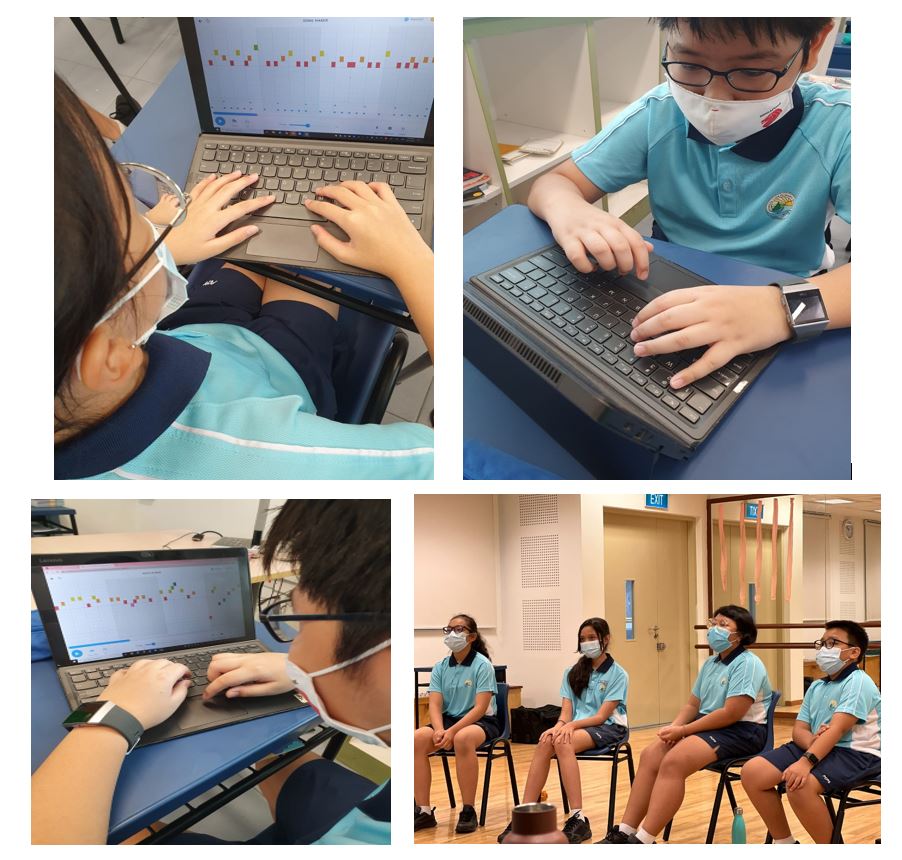ALP
Applied Learning Programme (ALP) – English language & ICT collaboration
Holistic English Literacy Programme (HELP)
-
This problem-based learning programme was initiated so as to empower students to use their learning from the English and New Media & ICT classroom in service to the school and community.
The service learning activities are represented in different forms amongst the three learner blocks: lower primary, middle primary and upper primary. The activities are further categorised into direct service, indirect service, and advocacy.
Some examples of activities conducted in this programme are listed in the table below:Lower Primary
Middle Primary
Upper Primary
FOCUS: Self, School
FOCUS: Peers, School
FOCUS: Community
Primary 1:
Learning, documenting animal conservation efforts & sharing their findings with peers. (Direct Service)
Medium: MS Power pointPrimary 3:
Using videography as a tool to educate the school population and beyond on cyber safety issues. (Direct Service)
Medium: VideographyPrimary 5:
Applying the elements of journalistic writing in creating a class newspaper on addressing social issues and themes such as inclusive society. (Advocacy)
Medium: MS PublisherPrimary 2:
Identifying the needs of incoming primary 1 students and working on solutions to ease this transition. (Direct Service)
Medium: MS Power pointPrimary 4:
Creating digital stories for younger schoolmates to improve readership(Direct Service)
Medium: AnimakerPrimary 6:
Understand the needs of the elderly population and use micro: bit technology as a means to solve the problems faced by them. (Direct Service)
Medium: Micro: bit
Primary 1
-
AIM:
Building on their knowledge about animals from books read in the English classroom, the Primary 1 Applied Learning Programme (ALP) aims to provide students with opportunities to learn about endangered animals and advocate animal conservation.
Using problem-based learning (PBL), each P1 class brainstorms and researches on a selected animal. Students then embark on a ‘learning experience’ to learn more about the selected animal.
The information gathered by the different classes is then shared and presented in the form of e-posters; thus building on each other’s repertoire of knowledge.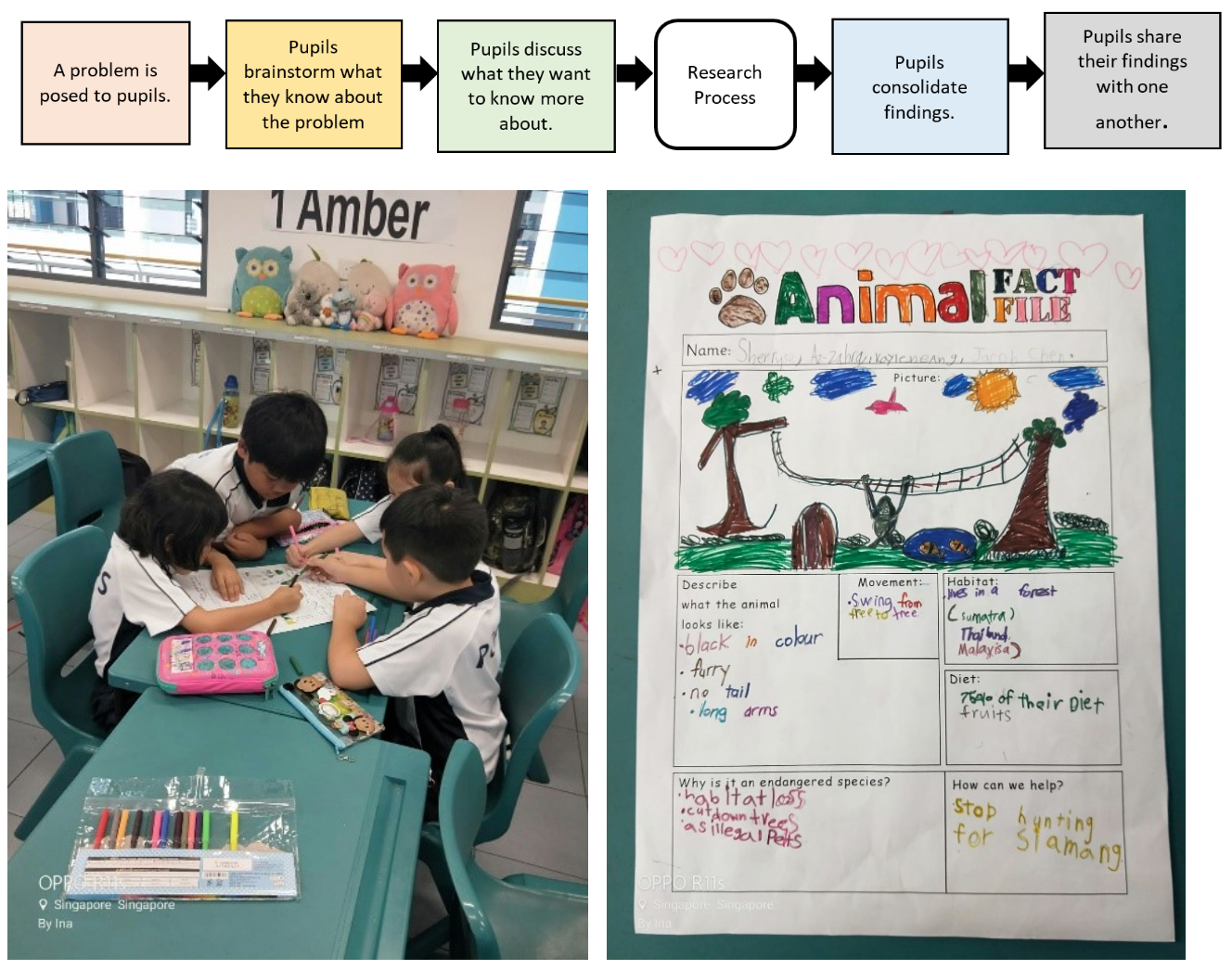
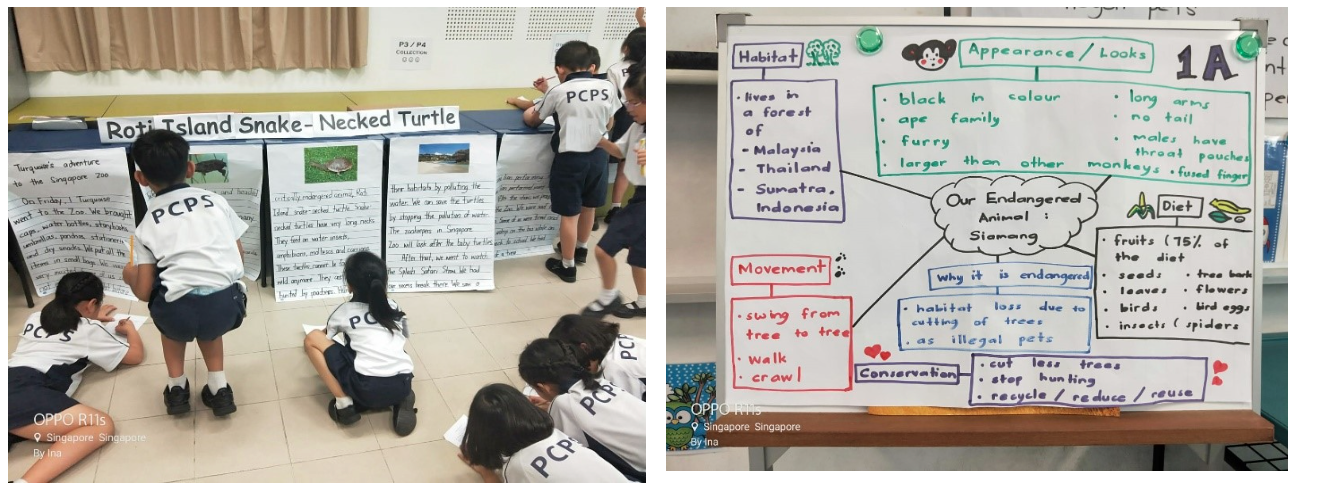
Primary 2
-
AIM:
Having completed the first year at primary school, students at the primary 2 level put their heads together to walk down memory lane and reminisce the time when they had newly transited to primary school. Putting the school value of empathy to good use by identifying the needs of incoming primary 1 students, these seniors work on solutions and advice for their juniors to ease this transition for them.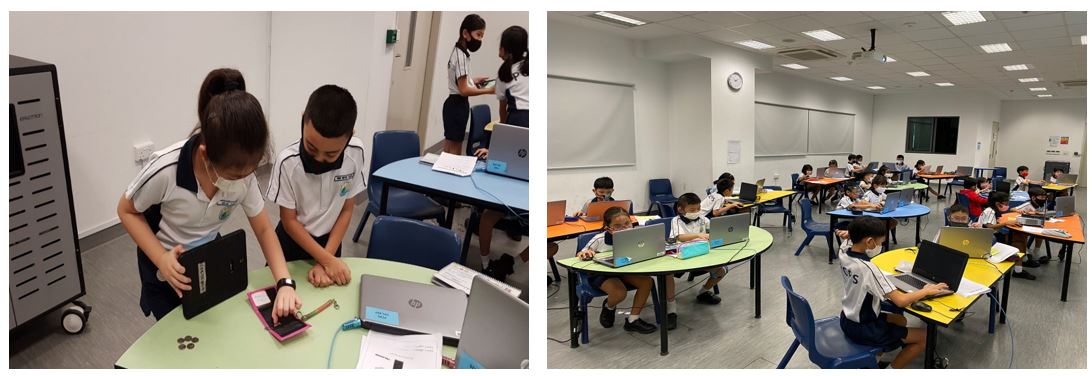
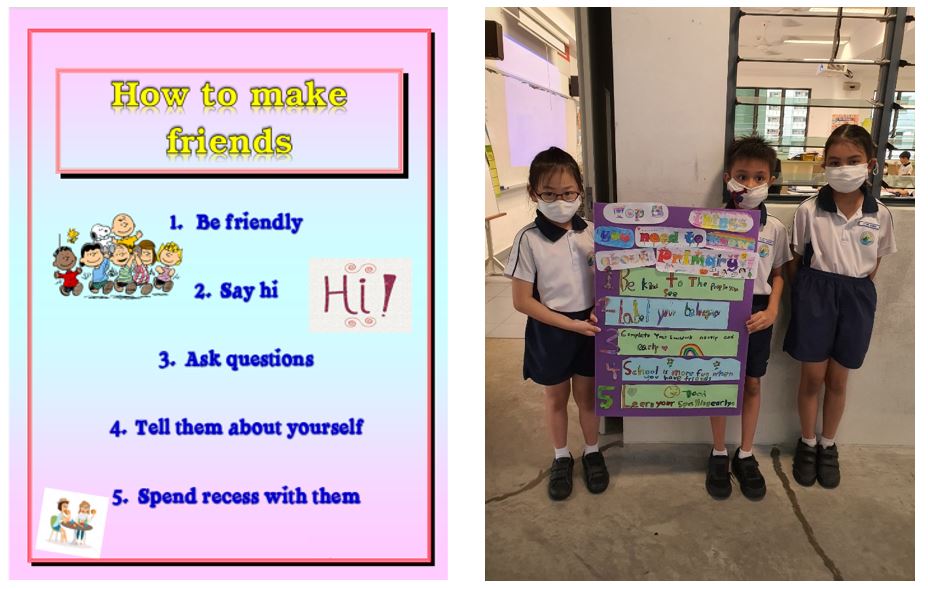

Primary 3
-
AIM:
In a bid to bring about awareness of cyber safety and encourage cyber wellness practice amongst the school community, students at the primary 3 level take on the role of ambassadors and share the message of Cyber Wellness through self-created videos.
They apply their language skills of writing, speaking and presenting along with their newly learnt skills of videography and use this to spread the message of being a responsible digital learner.
Each class focuses on a different strand of cyber wellness education from cyber identity to cyber relationships and even cyber citizenship.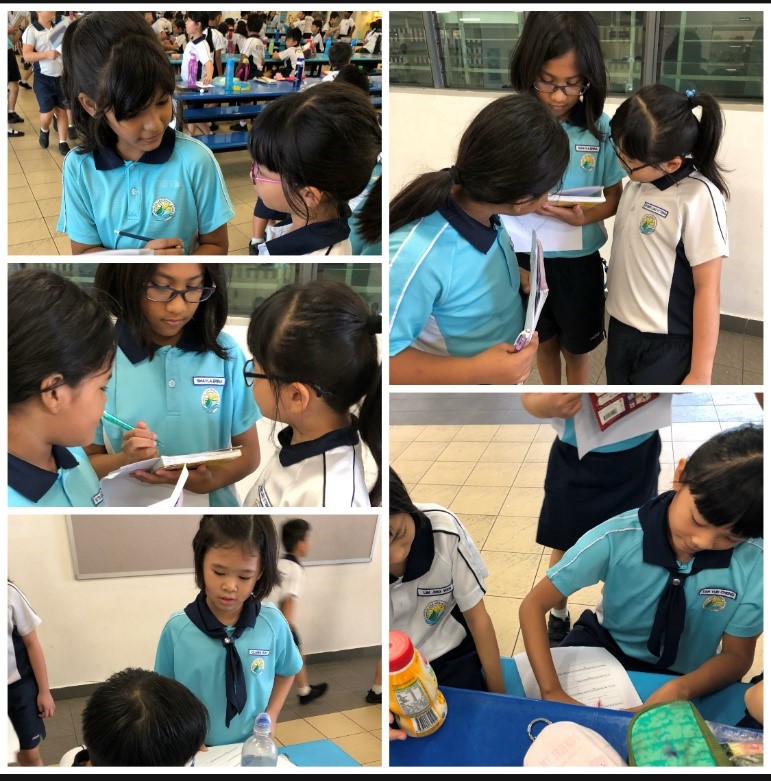
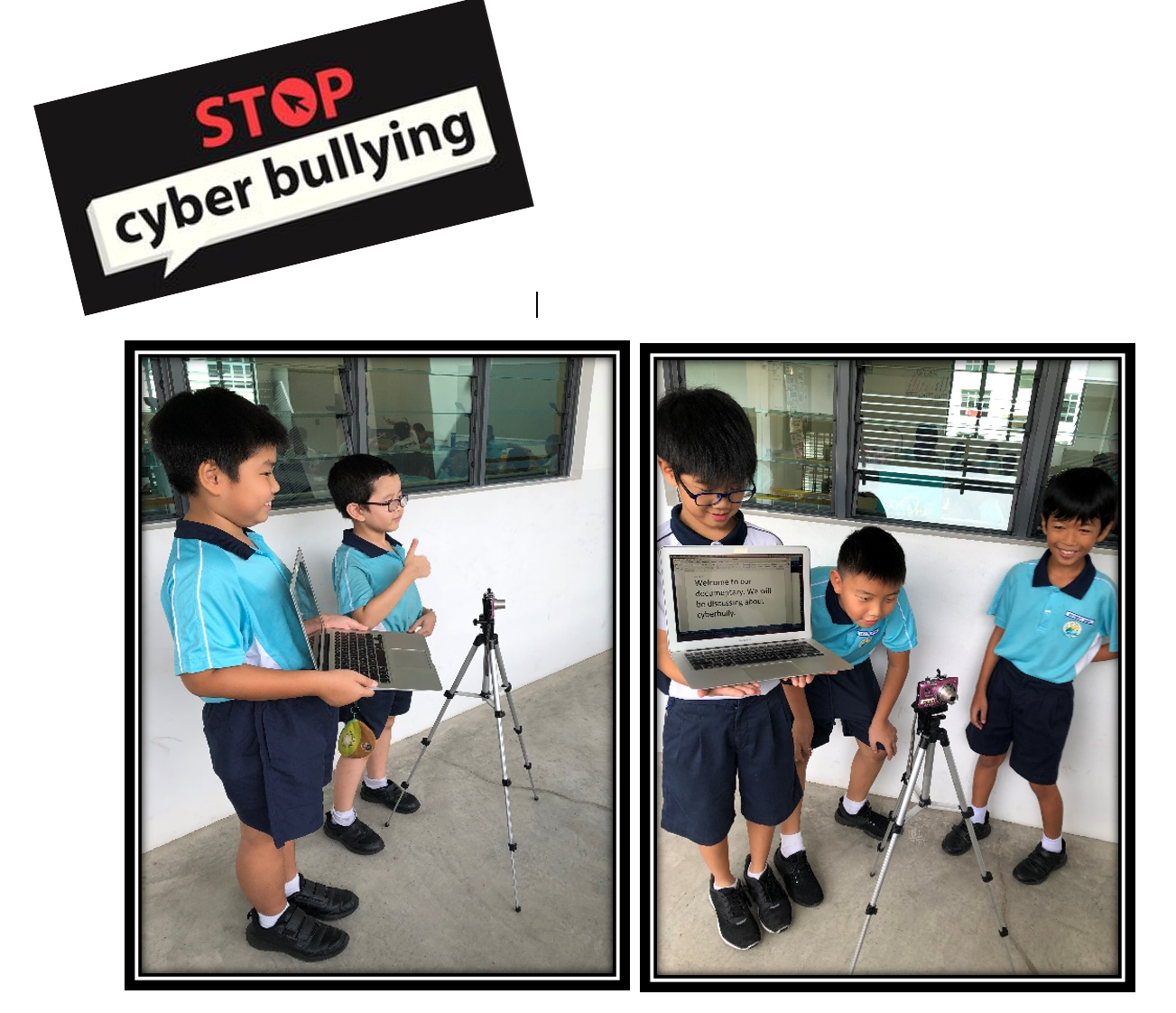
Primary 4
-
AIM:
The programme aims to cultivate the spirit of innovation while upholding the school values of empathy and mindfulness as the primary 4 students work collaboratively in advancing the reading interest of their younger peers.
They carry out surveys to understand the reading interest of their recipients and create digital storybooks using Animaker to instill the love for reading in their younger schoolmates.
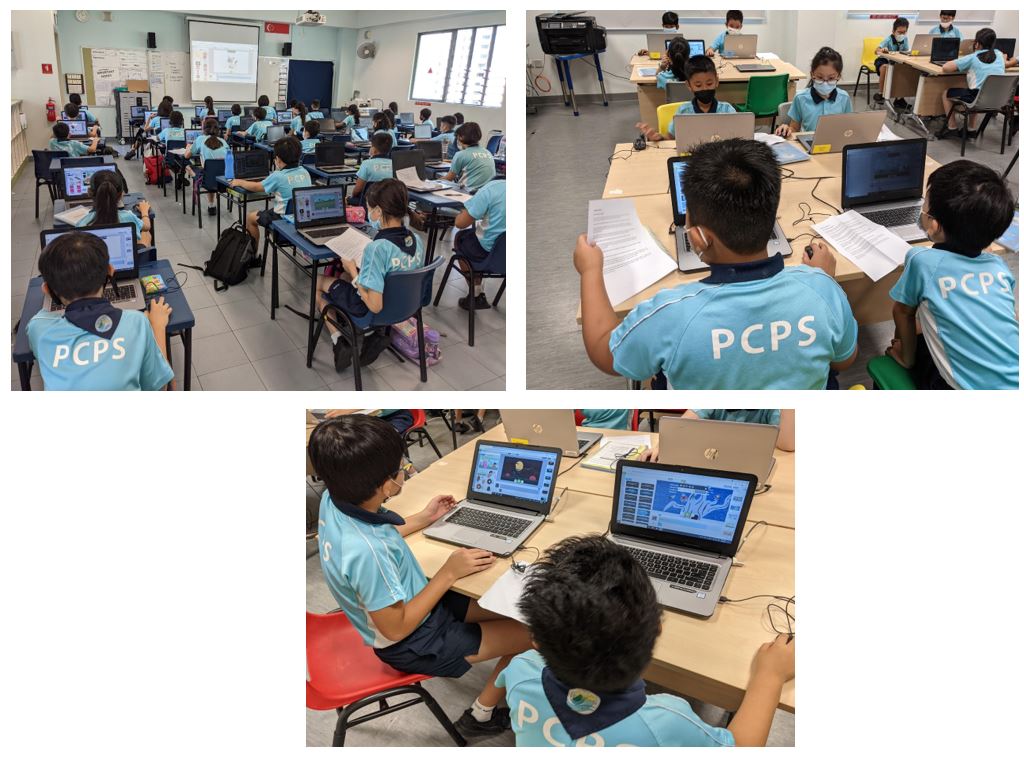
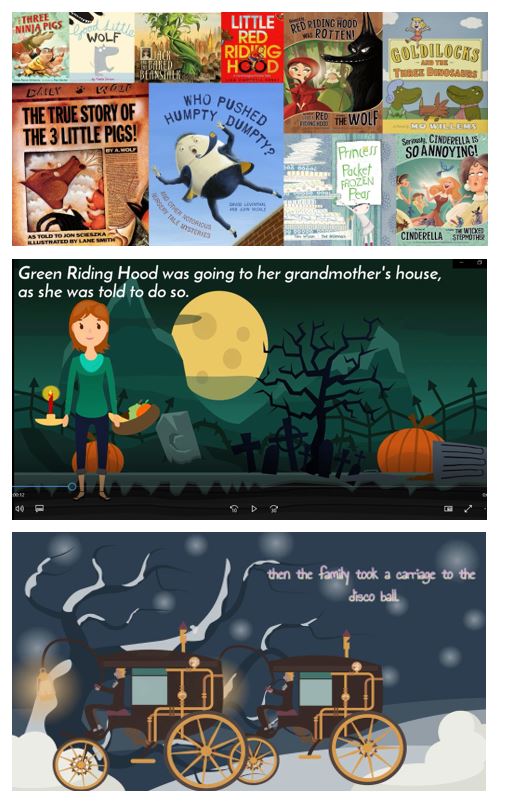
Primary 5
-
AIM:
The programme aims to foster students’ speaking and writing skills through activities that are centred in journalism. Students are given opportunities to examine and discuss key issues from newspaper articles found in Little Red Dot.
Students are tasked to apply the elements of journalistic writing in creating a class newspaper on addressing social issues and themes such as inclusive society, social inequality and other pertinent issues.
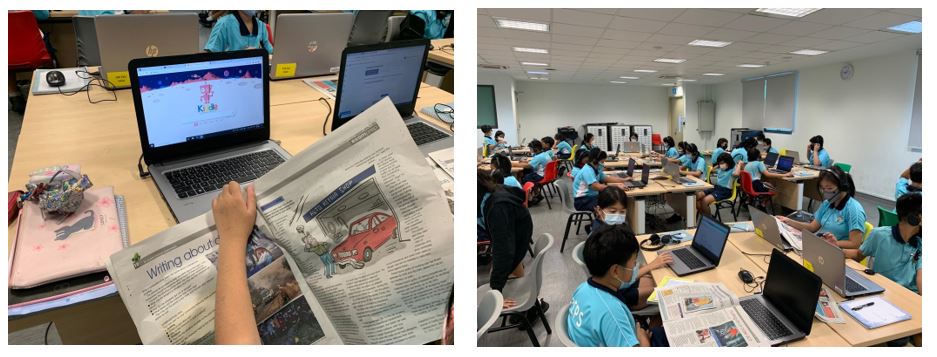
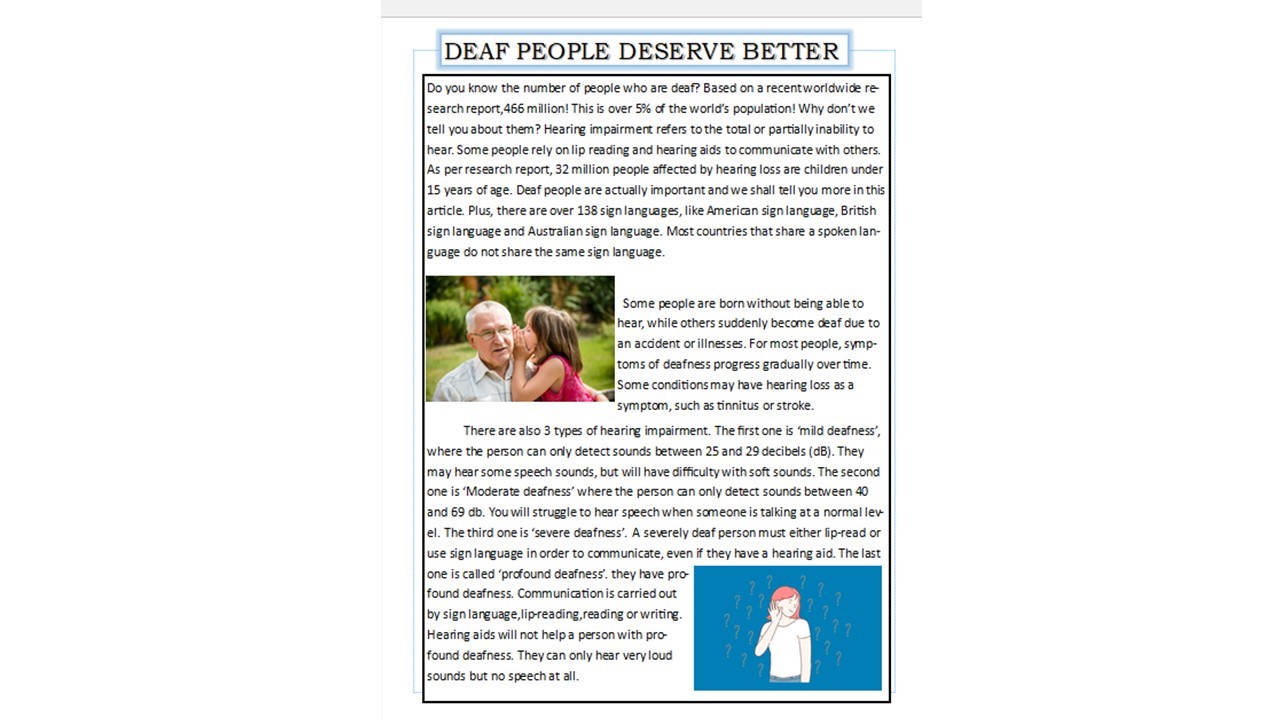
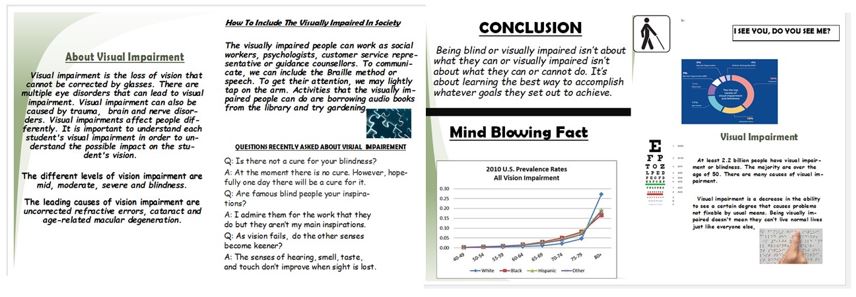
Primary 6
-
AIM:
The Primary 6 students embark on their ALP projects as part of their post-examination engagement at the end of the year. Working together as a class, students must compose an original piece of music using the software Chrome Music Lab. They will then come up with accompanying lyrics to complement their melody. Through songwriting, the Primary 6 students can express their gratitude to the school and ruminate on their experiences while celebrating the friendships that were forged in their time in primary school.
